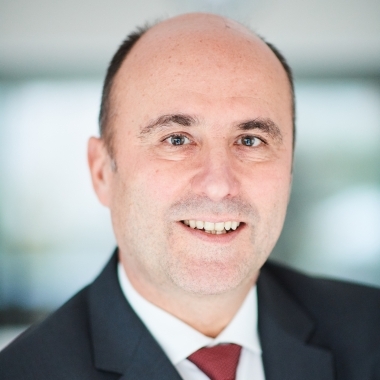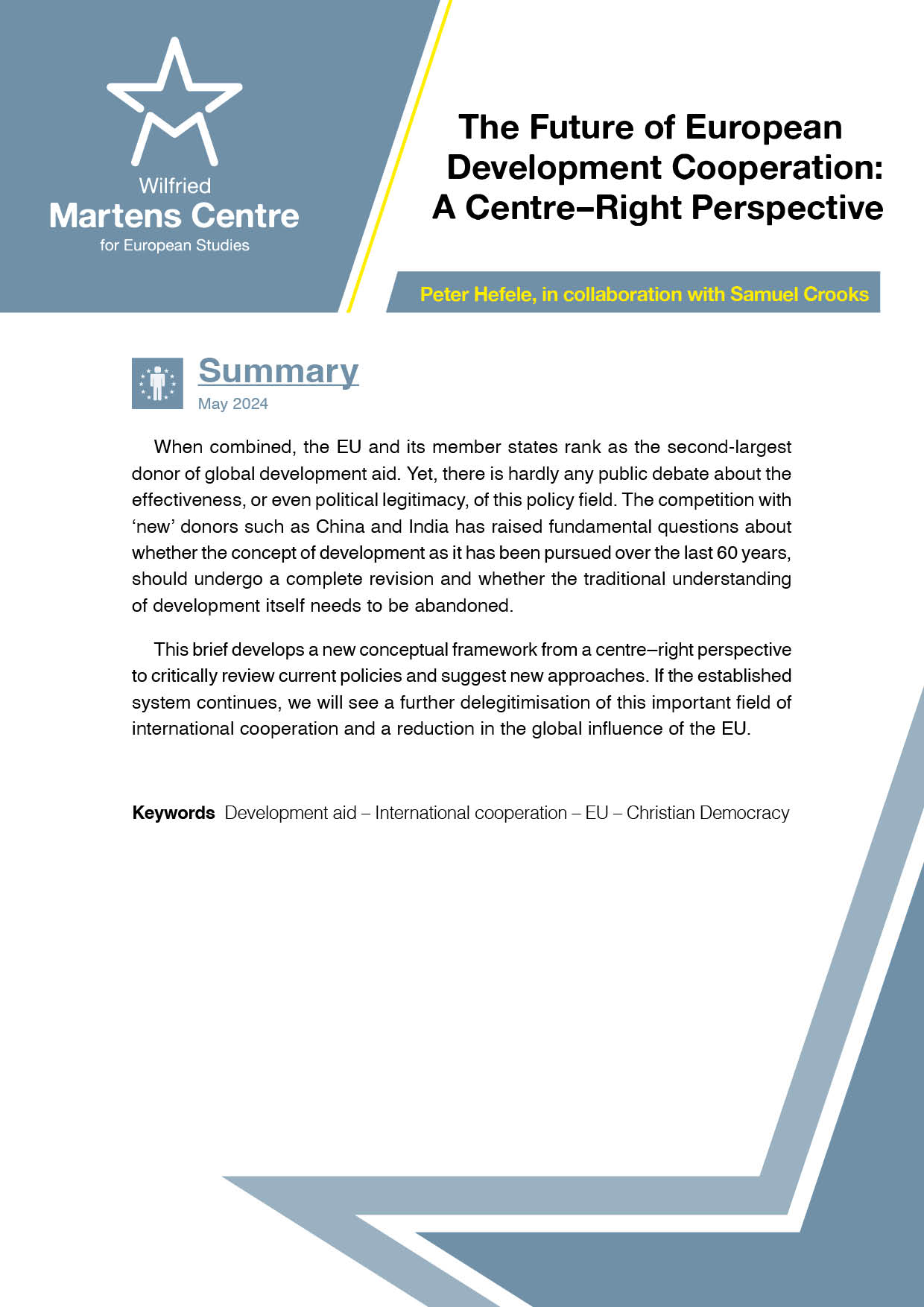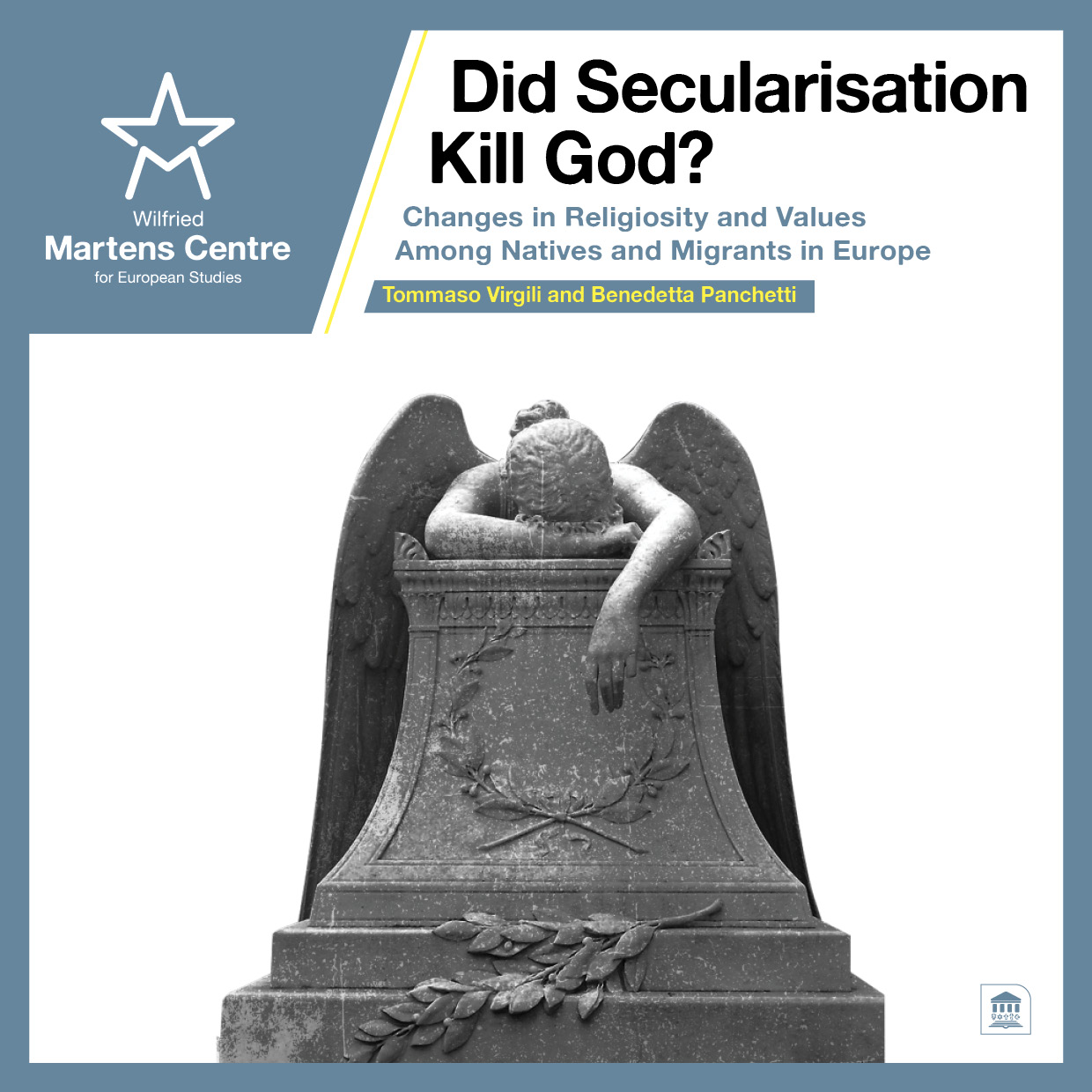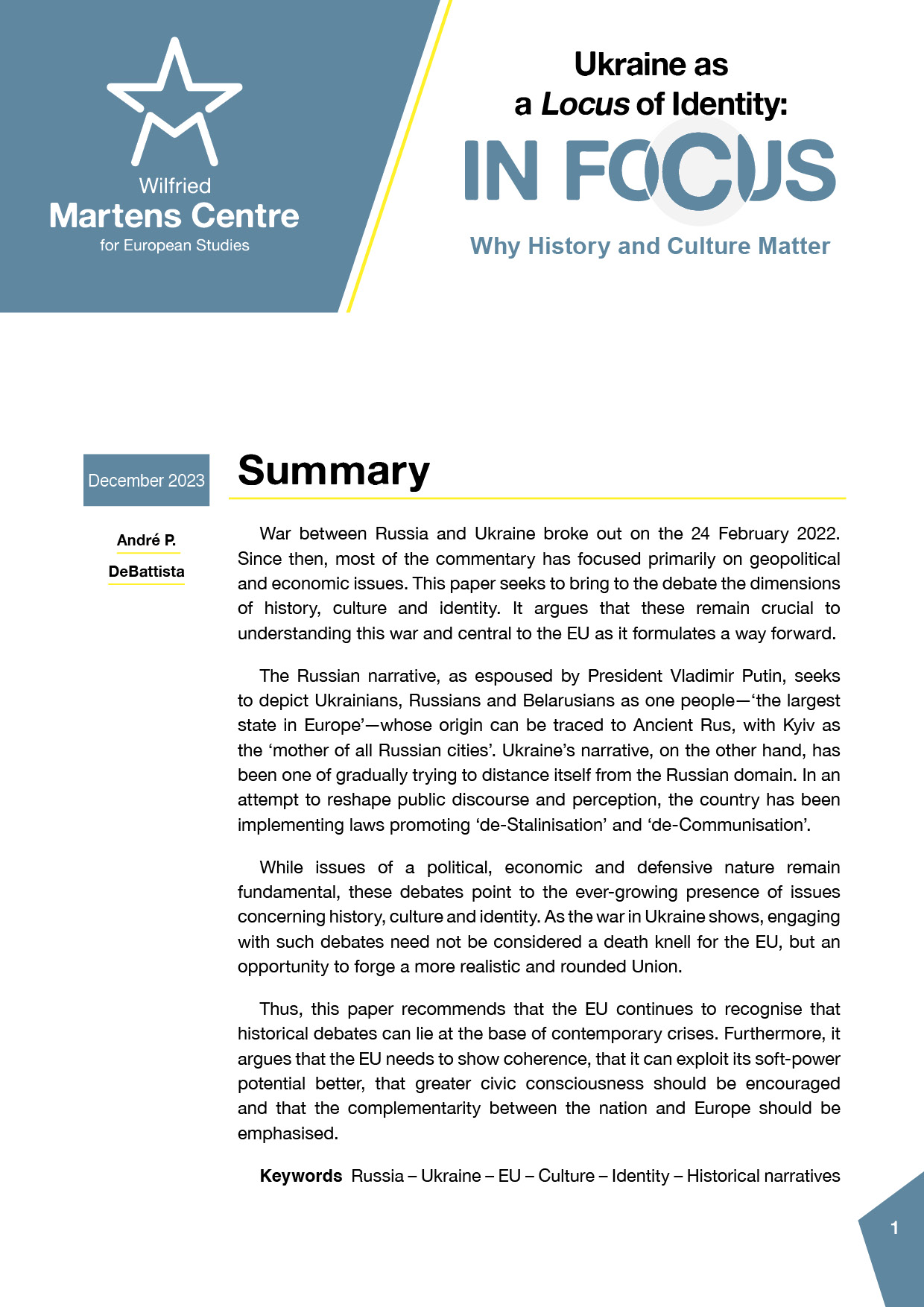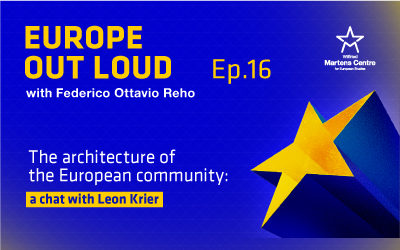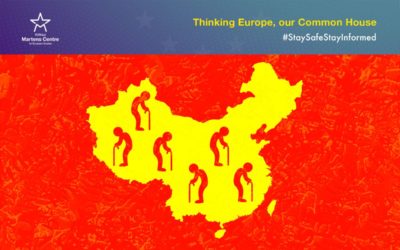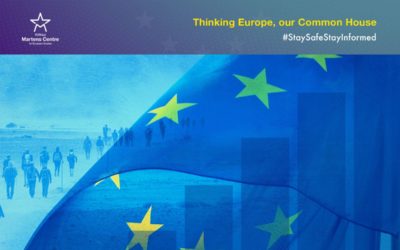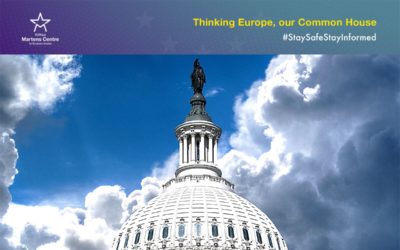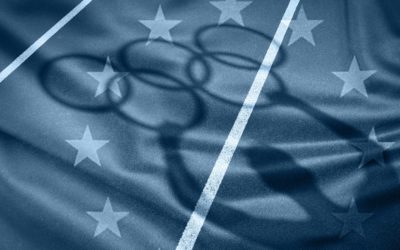Non-governmental organisations and the centre-right: it’s complicated
04 June 2018
In 2007, Kofi Annan—then Secretary General of the UN—called the twenty-first century “the era of NGOs’. We think Mr Annan had little idea of how true his statement would prove to be, but probably not in the ways he imagined.
Annan referred to the importance of NGOs in policymaking, in mobilising public opinion and in holding power to account. In contrast, in the second half of 2018 NGOs – manifestations of civil society that are independent of the state – are increasingly becoming tools of political struggles. This concerns both relations between countries and the domestic situation in EU countries.
Several narratives on NGOs are emerging. The European centre-right, in contrast to its statist opponents on the left and right, believes in self-organisation of society and in the non-profit sector. A vibrant civil society and NGOs that can operate freely, are part of every liberal democracy.
However, this does not mean that civil society is on par with democratically elected institutions, as some Greens and leftists would have it. We also do not believe that governments have an obligation to finance every NGO, regardless of its professed principles and beliefs. At the same time, democratic governments should not impede NGOs’ work through punitive measures, legal discrimination and public bullying.
This is especially important, not only in view of the upcoming election to the European Parliament, but also in terms of a viable long-term outlook for democracy and transparency in the EU.
Starting with the international context, most of the European centre-right is aware of the normative and political threat that comes from the world’s authoritarian regimes. A new report on ‘sharp power’, developed by the Washington-based National Endowment for Democracy, documents the use by Russia and China of registered organisations that are linked to lobbying efforts on behalf of their mother countries.
Although these organisations are nominally independent, they are directed and financed by governments (a Martens Centre study published in 2016 looked specifically at Russian ‘government-organised non-governmental organisations).
What is more contentious, is narratives that cover domestic NGOs. First, governments in countries such as Poland, Hungary and, to some extent, Romania have been targeting the non-profit sector (often privately-funded) as an enemy of the ‘real people’ and the white and Christian European civilisation. The vocabulary used against these NGOs bears a strong resemblance to communist-era propaganda against any democratic opposition. For Christian Democracy and the wider centre-right, conspiracy theories inspired by the dark 1930s should be out of the question.
Second, NGOs have been active around immigration and asylum, often at the EU’s external sea and land border. Organisations such as Médecins Sans Frontières and countless others have been rescuing people drowning in the Mediterranean Sea. During the refugee crisis of 2015-16, other NGOs were often the only entities to feed and shelter refugees stranded the Western Balkans.
Things become really complicated when looking at the activities of humanitarian NGOs that signed up to save the lives of shipwrecked migrants in the Mediterranean, but end up being little more than ferry services straight from the Libyan coastline to Italy. Their refusal to cooperate with the Italian government has led to an open and largely unresolved conflict, resulting in ships being impounded.
NGOs in the immigration and asylum context have to be evaluated case-by-case, and though many perform important humanitarian tasks, some are clearly in contravention of EU and member state law. For example, activist organisations such as the ‘No Border’ network are openly violating the legal order of EU member states.
A third, and completely different, narrative about the NGOs exists in relation to the use of EU funds by organisations that campaign against the EU’s interests, sometimes openly spreading false information. The Martens Centre has highlighted political communication campaigns orchestrated in Germany and Austria by green and left-wing political parties, and associated civil society organisations, against a vital EU interest in concluding the Transatlantic Trade and Investment Partnership Agreement (see also here). These concern go hand-in-hand with concerns over inequity, fragmentation and a lack of transparency in financing from the EU budget.
What should be the line of argument for the centre-right?
Europe’s conservative, Christian Democrat and liberal forces should insist on the NGO financial and lobbying transparency, whether the lobbying is done for autocrats, business interests or charitable purposes; but they need to refuse Russia-style punitive transparency, the only goal of which is harassment of activists.
The centre-right parties should insist on clarity and a level playing field in EU and government funding for NGOs. They should reject those NGO campaigns that blatantly distort the facts. There is no obligation for the EU to finance organisations fundamentally opposed to it.
Europe’s centre-right should discuss how NGOs influence public discourse and which methods are used to this aim, but it should firmly object to government centralisation and control of the independent sector. All this because subsidiarity, our cherished principle, is also about letting society govern itself.
ENJOYING THIS CONTENT?



